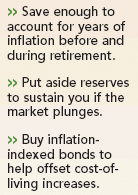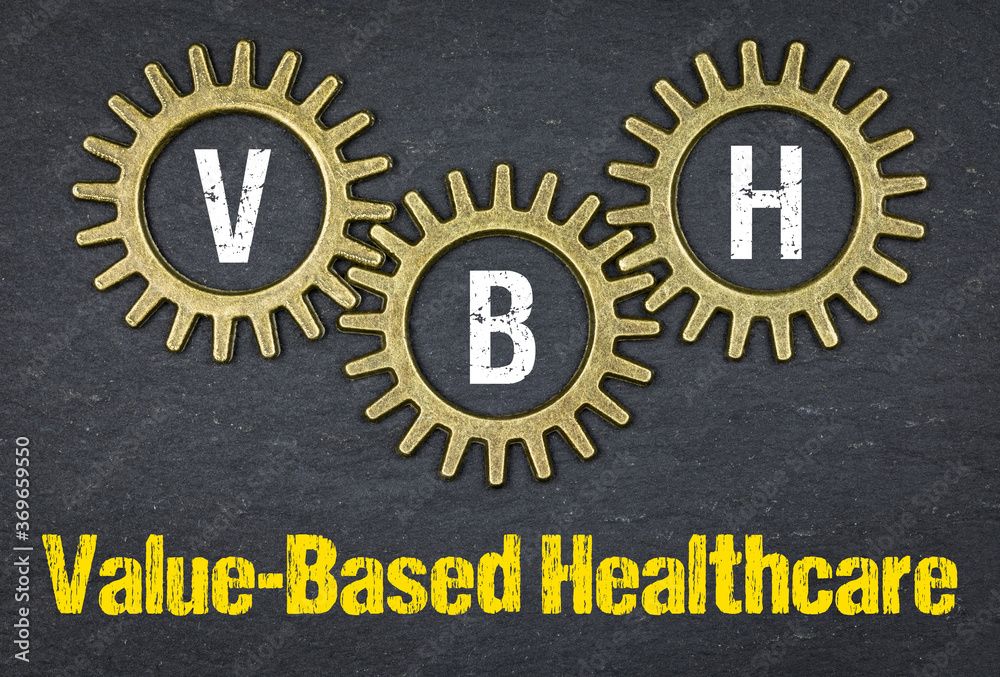Article
What's threatening your retirement?
Your Money
When you picture life after medicine, your vision may include relaxing in an elegant condo, traveling, and dining out. Maybe you'll cut back on certain extravagances, but you're not planning to lower your standard of living.
Things might not work out that way.

But any of the following risk factors could be a real fly in the ointment:
Inflation: If you retire 10 or more years from now, $2 million won't have the buying power it does today. Inflation will have elevated the cost of living, so that sum would only be worth about $1.35 million in today's dollars, assuming 4 percent inflation. The lifestyle you're anticipating will cost about $177,000 a year, not the $120,000 you've figured on. Currently, inflation is at 3.8 percent, but it could go up to 5 percent or more.
Inflation-indexed bonds, called Treasury Inflation-Protected Securities (TIPS), can help offset the effects of rising costs, because the principal and interest payments are adjusted to keep pace with inflation. Put about 25 percent of your bond holdings in these types of securities. For more information on TIPS and how to purchase them, go to http://www.treasurydirect.gov, and click on Individual/Personal.
Taxes: That $120,000 you're planning to withdraw annually? If it's from a tax-deferred account, you'll pay about $23,000 in federal taxes based on current rates, for a couple filing jointly. So you'll end up with considerably less than you want in your pocket.
Or, say you're heading for a warmer climate, and are counting on a big lump sum from selling your house. You'll pay capital gains taxes on the profit, if it's over $250,000 and you're single, $500,000 if you're married and filing jointly.
Timing: This is probably the most chilling-and costly-factor. Will the market be up or down when you start withdrawing money? If you haven't yet retired and the market drops, you can ignore the Dow and wait it out until it rises again. You can still put away money, and you'll be buying assets at a discount. Once you're retired, however, the opposite is true. Suppose you've closed your practice and the market suddenly loses 20 percent of its value. Your $2 million just became $1.6 million. Earning 6 percent provides only $96,000 a year.
But you still want $120,000 to live on, so now you have to take out 7.5 percent of your assets to get that sum. You'll never make that principal back, and that loss could place a hole in your retirement plans forever. Two or three years of consecutive market losses could spell disaster.





